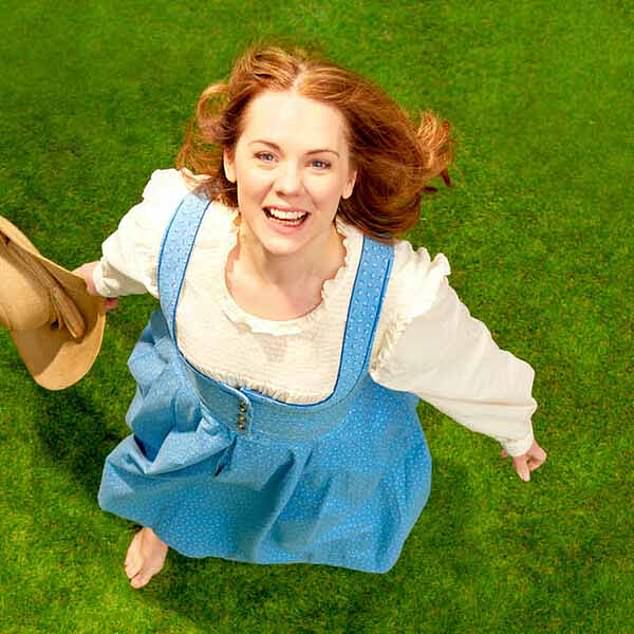
A new theatre production of The Sound of Music has slapped a trigger warning to tell audiences the musical touches on ‘Nazi Germany and the annexation of Austria’.
Attendees of Chichester Festival, where the revival opens next week, have also been informed some of them ‘may find certain themes distressing’.
The theatre production, starring West End actress Gina Beck in the role of Maria von Trapp, will run from July 10 to September 3, The Times reports.
The musical tells the story of Maria, a novice nun sent to be a governess to the von Trapp children in Austria shortly before the Second World War.
The young woman eventually married the children’s father Captain von Trapp, but the family are forced to flee Austria after the Nazis invade – fleeing Salzburg and hiking across the Alps to find refuge in Switzerland.

The Sound of Music, starring West End actress Gina Beck in the role of Maria von Trapp, will run at Chichester Festival Theatre from July 10 to September 3
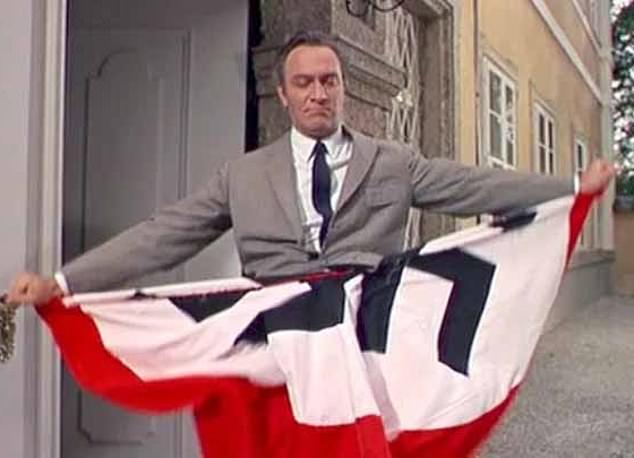



The musical tells the story of Maria, a novice nun sent to be a governess to the von Trapp children in Austria shortly before the Second World War (Pictured: Christopher Plummer as Captain von Trapp in the 1965 film)
The story was first brought to life in a broadway musical in 1959, with a score by Rodgers and Hammerstein, later adapted into a 1965 film starring Julie Andrews and Christopher Plummer.
Chichester Festival Theatre has been contacted for comment.
The musical is only the latest cultural benchmark to have had trigger warning, or content notes as they are sometimes referred to, applied to it.
Last month, Queen’s University Belfast founds itself being ridiculed after applying a trigger warning to Shakespeare’s works.
The university issued the warning to undergraduates studying a module called Further Adventures in Shakespeare on its BA English course.
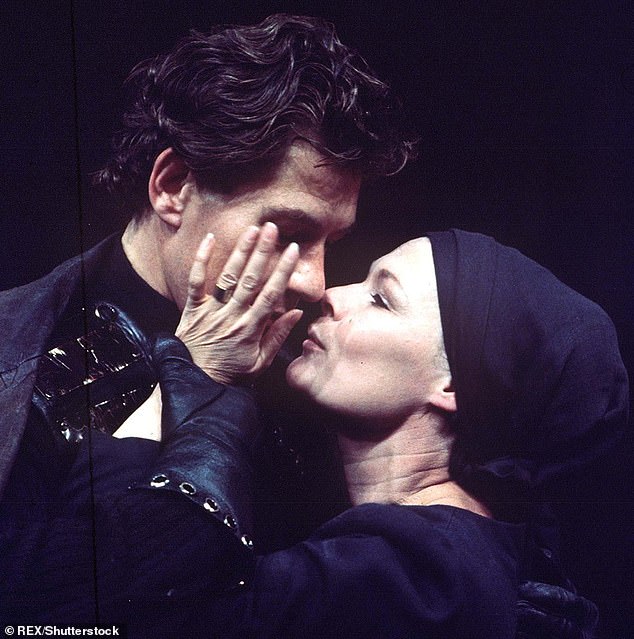





Ian McKellen and Judi Dench in a classic 1979 production of Shakespeare’s Macbeth
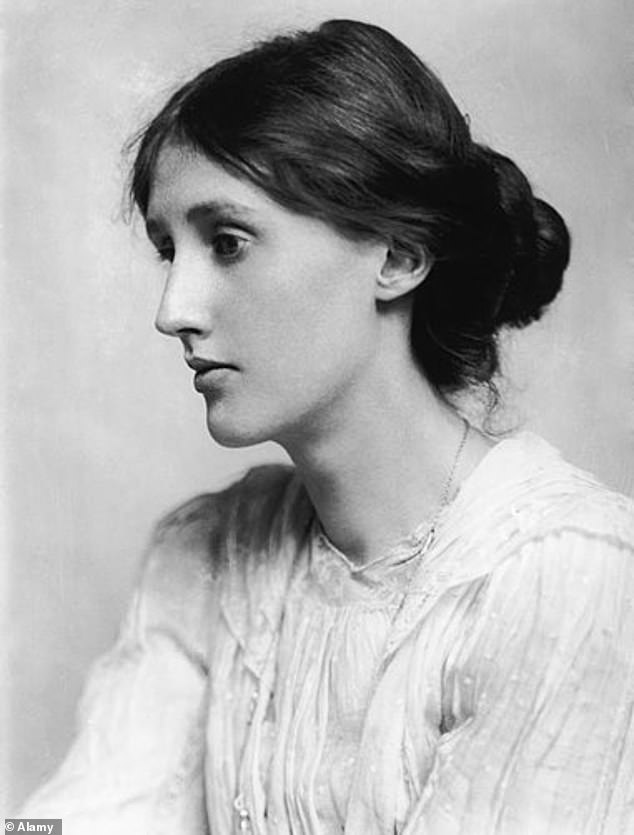





Virginia Woolf’s (pictured) 1927 novel To the Lighthouse will now be published with a disclaimer about the contents of the book
‘You are advised that this play could cause offence as it references and / or deals with issues and depictions relating to bloodshed,’ the warning, a copy of which has been obtained by this newspaper under Freedom of Information laws, stated.
Elsewhere, Virginia Woolf’s classic novel ‘To The Lighthouse’ will now be published with a ‘trigger warning‘ over concerns about the ‘attitudes’ portrayed in the 1927 book.
Woolf’s semi-autobiographical novel tells the stories of trips made by the Ramsay family to their summer home on the Isle of Skye in Scotland.
A new edition, published by Vintage, states: ‘This book was published in 1927 and reflects the attitudes of its time.
‘The publisher’s decision to present it as it was originally published is not intended as an endorsement of cultural representations or language contained herein.’.
It remains unclear as to which ‘attitudes’ expressed in Woolf’s novel prompted the publisher’s decision to include a disclaimer.
In April, it was reported that Southern classic Gone With The Wind to come with a trigger warning amid concerns over its depiction of 19th Century slavery.
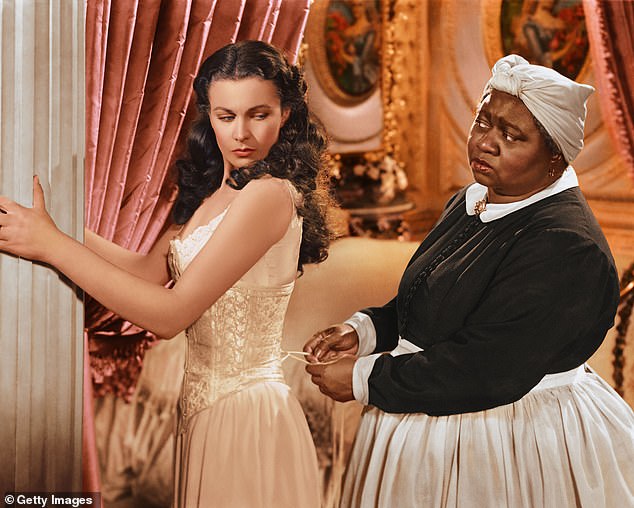





Vivien Leigh (left) as Scarlett O’Hara in Gone With The Wind (1939), with Hattie McDaniel (right) playing her slave Mammy. Both actresses won Oscars for their performances
But publisher Pan Macmillan decided that readers could find ‘racist’ aspects of the era ‘hurtful or indeed harmful’
Pan Macmillan’s latest forward describes the book containing ‘shocking elements’, including the ‘romanticisation of a shocking era in our history’.
It adds: ‘The novel includes the representation of unacceptable practices, racist and stereotypical depictions and troubling themes, characterisation, language and imagery.
‘The text of this book remains true to the original in every way and is reflective of the language and period in which it was originally written.
‘We want to alert readers that there may be hurtful or indeed harmful phrases and terminology that were prevalent at the time this novel was written and which are true to the context of the historical setting of this novel.’
Source: | This article originally belongs to Dailymail.co.uk